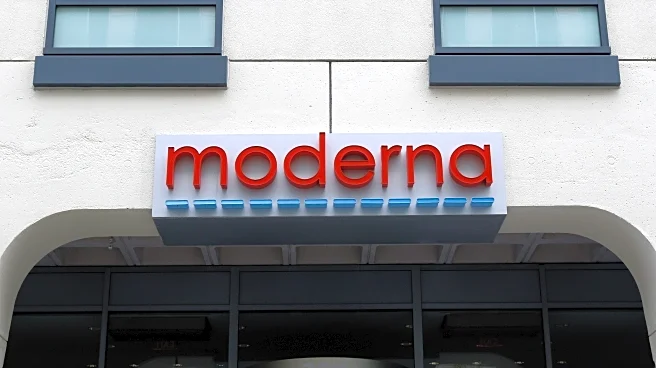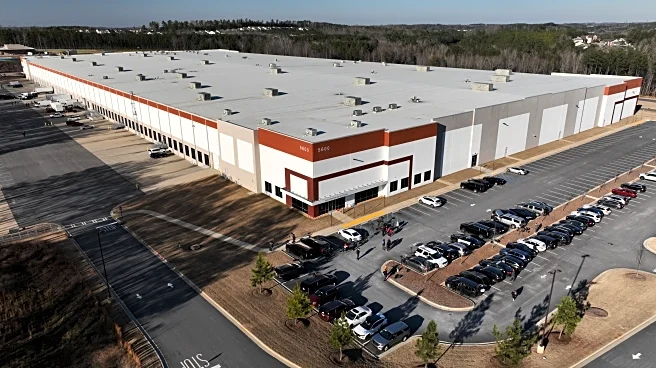Rapid Read • 7 min read
Dominion Energy's Coastal Virginia Offshore Wind project, a 2.6-GW initiative, is progressing on schedule with an expected completion by the end of 2026. However, the project is facing a cost increase due to new tariff policies implemented by President Trump. The tariffs are projected to add $506 million to the project's expenses, raising the total cost to $10.9 billion. This increase will result in an average rise of three cents per month in customer bills over the project's lifespan, according to Bob Blue, Dominion's president, CEO, and chairman. Despite the doubling of the steel tariff, Dominion has managed to slightly lower its expectations for tariff-related price increases by working with vendors on cost mitigation strategies and analyzing final trade regulations.
AD
The cost increase due to tariffs highlights the financial challenges faced by renewable energy projects in the U.S. The Coastal Virginia Offshore Wind project is a significant part of Dominion's clean energy portfolio and is considered one of the most affordable energy sources for customers. The tariffs could impact the project's financial viability and customer costs, potentially affecting public perception and support for renewable energy initiatives. Additionally, the project is crucial for meeting clean energy targets and reducing carbon emissions, making its successful completion vital for environmental and policy goals.
Dominion Energy plans to continue with the installation of turbines, with the first expected in September. The company is also working on completing the Charybdis, the first Jones Act-compliant offshore wind turbine installation vessel in the U.S., which has faced delays due to internal communication technology issues. Dominion remains confident in preserving renewable energy tax credits under the One Big Beautiful Bill Act, which could mitigate some financial impacts. The company anticipates that only a small portion of its clean energy projects will require active mitigation to address the tariff-related cost increases.
AD
More Stories You Might Enjoy












